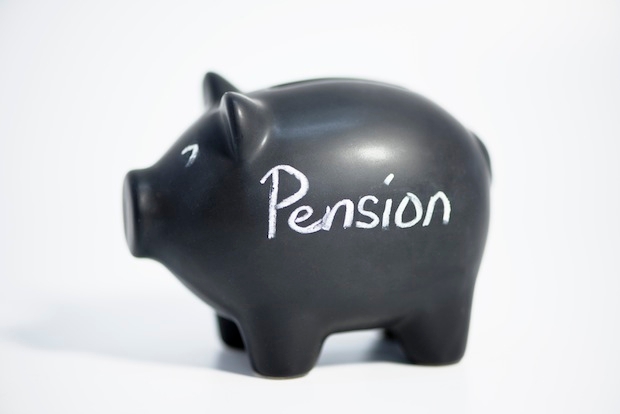The wrangling over key policy areas in the upcoming general election has begun in earnest. If you’re already tired of the political argy-bargy, don’t worry, there’s only, ahem, six weeks to go. Stay with me though, because there’s one topic in the personal finance arena that really, really matters.
The triple lock state pension guarantee. With the Prime Minister understood to be considering replacing the triple lock with a less generous double lock, and the Labour Party on record saying it will keep the triple lock until 2025, this issue goes to the heart of the parties’ attitude to pensioners. Meanwhile, the Liberal Democrats said in their 2015 manifesto that it should be written into law.
What is it?
Introduced by the coalition government seven years ago, the triple lock is a guarantee to increase the state pension every year by the higher of inflation, average earnings or a minimum of 2.5 per cent.
It was launched to protect pensioners from meaningless increases, such as the much-derided 75p a week rise in 2000, and to make sure their income was not eroded by the gradual increase in the cost of living.
It may seem like a small amount of money but it became a pressing matter following Margaret Thatcher’s decision to abolish the state pension earnings link in 1980. This meant that pensioner incomes had, for many years, risen at a derisory rate. And there’s no doubt that the triple lock has benefited pensioners. The Institute for Fiscal Studies says that between April 2010 and April 2016, the value of the state pension increased by 22.2 per cent, compared with growth in earnings of 7.6 per cent and growth in prices of 12.3 per cent over the same period.
How much does the triple lock cost central government?
This varies but Office for Budget Responsibility projections suggest retaining the triple lock could cost £15 billion more than earnings indexation by 2060. And, if inflation continues to rise in the short-term (as many are predicting) the cost of retaining the link will spiral. So it’s not surprising that the Tories are looking for ways to trim expenditure.
 What do pension experts think?
What do pension experts think?
Tom Selby, senior analyst at AJ Bell, said: ‘The triple-lock is actually a rather crude way of boosting the state pension – it simply means the value will rise at random points in time, depending on what average earnings and inflation happen to be.
Most popular
Starmerism was always doomed to fail
‘If our political leaders believe the amount pensioners receive is too low, they should tell us what the “right” level is and set a clear path to get there.’
Meanwhile, Steven Cameron, Aegon’s pension director, said: ‘What’s being missed in much of the debate on the triple lock is that the economic outlook has changed and the government can’t bank on a cost saving in dropping the triple lock in favour of a ‘double lock’ but they can bank on pensioners taking note of a change. A double lock would involve granting the higher of price or earnings inflation and dropping the commitment to a minimum 2.5 per cent increase. However, with the return of inflation, we could soon see inflation and earnings increases outstripping 2.5 per cent anyway.
‘The true cost of dropping the triple lock could come at the ballot box if older voters are swayed by what would be positioned as an anti-pensioner policy.’
Helen Nugent is Online Money Editor of The Spectator
 What do pension experts think?
Tom Selby, senior analyst at AJ Bell, said: ‘The triple-lock is actually a rather crude way of boosting the state pension – it simply means the value will rise at random points in time, depending on what average earnings and inflation happen to be.
What do pension experts think?
Tom Selby, senior analyst at AJ Bell, said: ‘The triple-lock is actually a rather crude way of boosting the state pension – it simply means the value will rise at random points in time, depending on what average earnings and inflation happen to be.






Comments